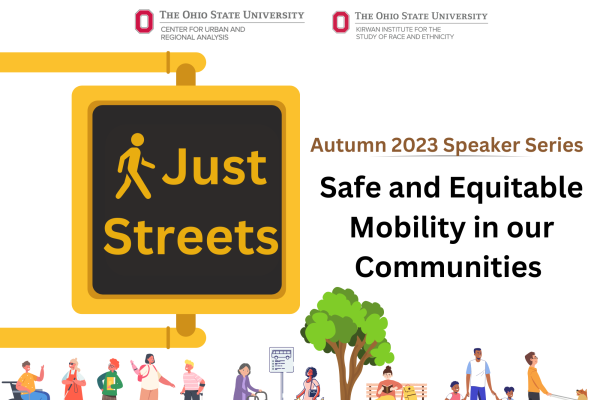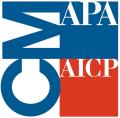
Online Webinar (Zoom): Register using the registration link at the bottom of the page
Traffic safety has become an epidemic on US roadways. The year 2021 saw the highest traffic fatality rate in 15 years and was the largest year-over-year increase ever recorded. Vulnerable road users, like bicyclists and pedestrians, and people of color are disproportionately burned by traffic crashes. The federal response, together with many states and localities, has been to promote a Safe Systems approach to traffic safety, which includes wholesale roadway design changes, educational components, and law enforcement actions to eliminate road deaths. This talk will explore the potential consequences of this approach for mobility justice from empirical research, examining the equity impacts of policing and infrastructure characteristics on bicycling, walking, and motor vehicle use in two US contexts. The findings will raise important implications for just planning and transportation practice.
Jesus M. Barajas is an assistant professor in the Department of Environmental Science and Policy at the University of California, Davis. His research on transportation equity addresses how systems of inequities influence travel behavior and how policymakers respond. He has led projects on topics including travel behavior, bicycling safety, the implications of policing for transportation planning, and the use of equity data and metrics in transportation decision making. Some of his ongoing work examines barriers to access to zero-emission vehicles, equity in transportation grant programs, and the links between disability, safety, and travel behavior. He holds a PhD in City and Regional Planning from UC Berkeley.
This autumn, CURA and the Kirwan Institute have co-sponsored a webinar series that will invite transportation scholars, social justice advocates, and community engagement leaders to look at both the safety and social justice impacts of our street design.
This event is approved for 1 AICP CM credit. To claim your CM credits, log into your My APA account on the APA website and enter the event into your online CM event log.

